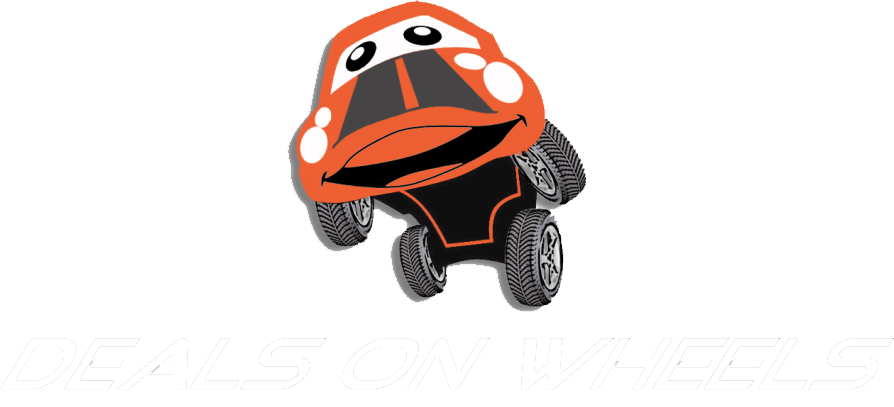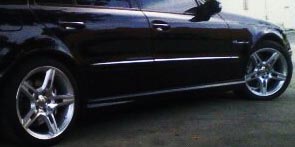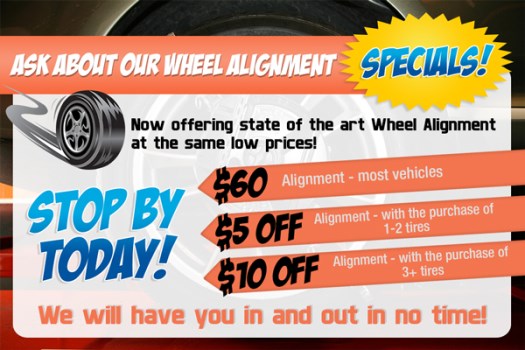Tire Aging
Tire aging is unavoidable especially if you use your vehicle on a daily basis. As tires age, it also wears out until it comes to a point that you need to replace them to avoid accidents.
When To Replace Tires?
The simple answer to the question about when to replace tires is when the tire tread depth goes below 4/32”. This is the accepted line where tires become too worn to be safe anymore. Of course, many factors can add to the dangers of driving on worn out tires. Driving conditions are the major factor to tire aging. If you customarily drive over rough, bumpy terrain, your tires and your wheel alignment will need more attention.
Extending the Life of Tires
Driving a lot on the freeway at high speeds can wear out treads faster. Those that commute on the freeway five days a week may need to replace tires much sooner than those who drive around primarily in their own neighborhood. One thing that can greatly help with that is maintaining the correct air pressure at all times.
Many studies have been done in this area and they have concluded that keeping the right tire pressure gives you better gas mileage and better handling. In addition, tires last longer. It’s easy to check your air pressure. You can get a tire gauge at any auto parts store. They’re normally about the size of a pen and will easily fit in the glove box.
Related Post: How To Maintain Correct Tire Pressure
Tires lose air pressure from simple daily use. In cold weather, they lose about 2 or 3 psi per month. In warm weather, it’s much higher though. Those that live in south Florida could be losing 5 psi per month just from ordinary driving. If you’re hard on tires and normally have to drive on unpaved or bumpy roads, you could be losing even more air. With the average price of a set of tires now at $400 and higher, being able to extend the life of tires even by only six months would be a considerable savings. Saving money is always a good idea!
Regular tire and auto maintenance is also a must if you want to extend the service life of your tires. This includes proper wheel alignment, tire rotation, and even manual inspection for possible damages like punctures. Don’t hesitate to bring your vehicle to auto repair shops for a maintenance check. A regular checkup on your vehicle can save you more on expenses than fixing any damage caused by neglecting small problems.
Related Post: Tire Maintenance Tip: How to Prolong Your Tire’s Life


